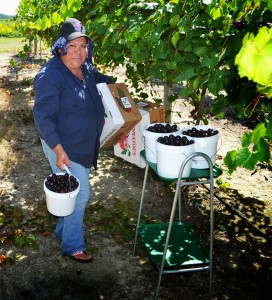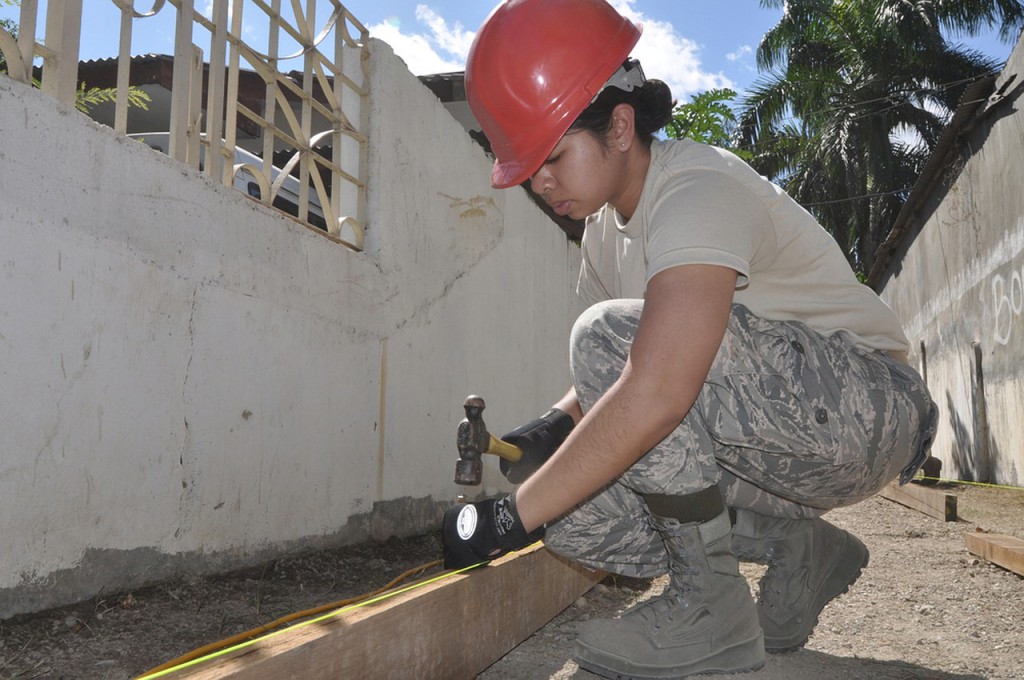By Anne Paxton, Director, Employment Security Redesign Project
Since its founding, ULP has advocated not only for individual clients, but for protecting and strengthening the employment security rights of the more than four million current and future workers now living in Washington State. Rocky economic conditions, recessions, budget battles, and anti-worker politics can undercut or chip away at those rights. In addition, just ahead lie nationwide structural changes in employment—driven by globalization, robotics, and the gig economy—that will pose even greater challenges to employment security.
In 2017, ULP launched an exciting new project to develop legislative and policy proposals that will help reform employment security. The Washington Employment Security Redesign project, funded by the Legal Foundation of Washington, has two primary components: outreach to Washington workers about availability of unemployment benefits, and development and promotion of a specific package of reforms to the current system that can be implemented through legislation or regulatory changes.
ULP’s experience shows that just a fraction of laid-off or otherwise jobless people who qualify for benefits pursue their rights. Only 27% of unemployed workers in Washington receive benefits even though at least half of the unemployed are probably eligible. Many are unaware of unemployment insurance. Others, sadly, burn through their savings before applying because they confuse UI with public assistance. Most are intimidated by employers’ ability to run them through hoops related to interpretations of misconduct, voluntary severance, part-time employment, and more.
 Seasonally employed farmworkers have particularly low access to information about the UI protections and benefits available, even though roughly half of them would be eligible for unemployment benefits when they lose their jobs. In previous and ongoing campaigns, ULP has focused outreach efforts on immigrants and veterans; with the Employment Security Redesign Project we have built on that experience to reach out to farmworkers. For 2017, the project’s outreach component is gearing up an awareness campaign by linking with legal services offices, community centers, social work agencies, unions, and churches in Yakima, Skagit County, Spokane, and Wenatchee.
Seasonally employed farmworkers have particularly low access to information about the UI protections and benefits available, even though roughly half of them would be eligible for unemployment benefits when they lose their jobs. In previous and ongoing campaigns, ULP has focused outreach efforts on immigrants and veterans; with the Employment Security Redesign Project we have built on that experience to reach out to farmworkers. For 2017, the project’s outreach component is gearing up an awareness campaign by linking with legal services offices, community centers, social work agencies, unions, and churches in Yakima, Skagit County, Spokane, and Wenatchee.
For the second component of the project, we are developing legislation, and strategic planning for its introduction and passage, with the help of Pam Crone, a consultant and former ULP Executive Director. ULP’s experience confirms that there are several measures that would provide relief in the short term to communities affected by layoffs and employer policies.
What are some of the problems that this project will address? The main ones relate to poor access, limits on benefits, and outdated eligibility standards. For example, maneuvering through benefit applications is complicated, but the Employment Security Department is so understaffed that people tell ULP it is hopeless getting help over the phone. People with disabilities need more than just online FAQs to understand benefits. Benefit levels are too low and have lagged behind inflation; the number of weeks of paid benefits allowed is inadequate and needs re-evaluation as well.
Employees, particularly women, who must quit jobs because of child care issues or caring for a family member, are sharply limited in unemployment protections. Workers are often barred from establishing good cause for quitting even when they face unacceptable hazards in their jobs. Also needed: expanded training benefits and more flexible policies on overpayments.
ULP will be seeking continuing funding for this project from a variety of potential sources, and we expect that the first year of our outreach and reform program will serve as a demonstration of its value as a long-term contribution to constructive policy development to support increased economic security, both for those who are on the job market and those who, for whatever reason, are unemployed.
With one of the most bustling economies in the U.S. and a substantial high-technology industrial base, Washington has already made its mark nationally as a leader in the move to raise the minimum wage. ULP believes that Washington can be in the vanguard of seeing that employee interests are protected amid new economic challenges and structural change. Through the Employment Security Redesign Project, in addition to essential education and outreach, we are striving to make Washington employment policy a model for the nation to follow.




 It was deep into my pre-hearing conference with a client that the reality of the language barriers she faced emerged as a fully formed picture. She had signed documents alleging facts that she disputed because she was unable to read English. Her supervisor had a job termination meeting with her where she was asked if she understood the allegations against her; she replied ‘yes’ because she was embarrassed that she did not understand the words that her supervisor used. While my client had an interpreter to understand her administrative hearing, she was rightfully frustrated by her job separation and the unemployment insurance process. Neither proceeding had been inclusive or accommodating.
It was deep into my pre-hearing conference with a client that the reality of the language barriers she faced emerged as a fully formed picture. She had signed documents alleging facts that she disputed because she was unable to read English. Her supervisor had a job termination meeting with her where she was asked if she understood the allegations against her; she replied ‘yes’ because she was embarrassed that she did not understand the words that her supervisor used. While my client had an interpreter to understand her administrative hearing, she was rightfully frustrated by her job separation and the unemployment insurance process. Neither proceeding had been inclusive or accommodating.